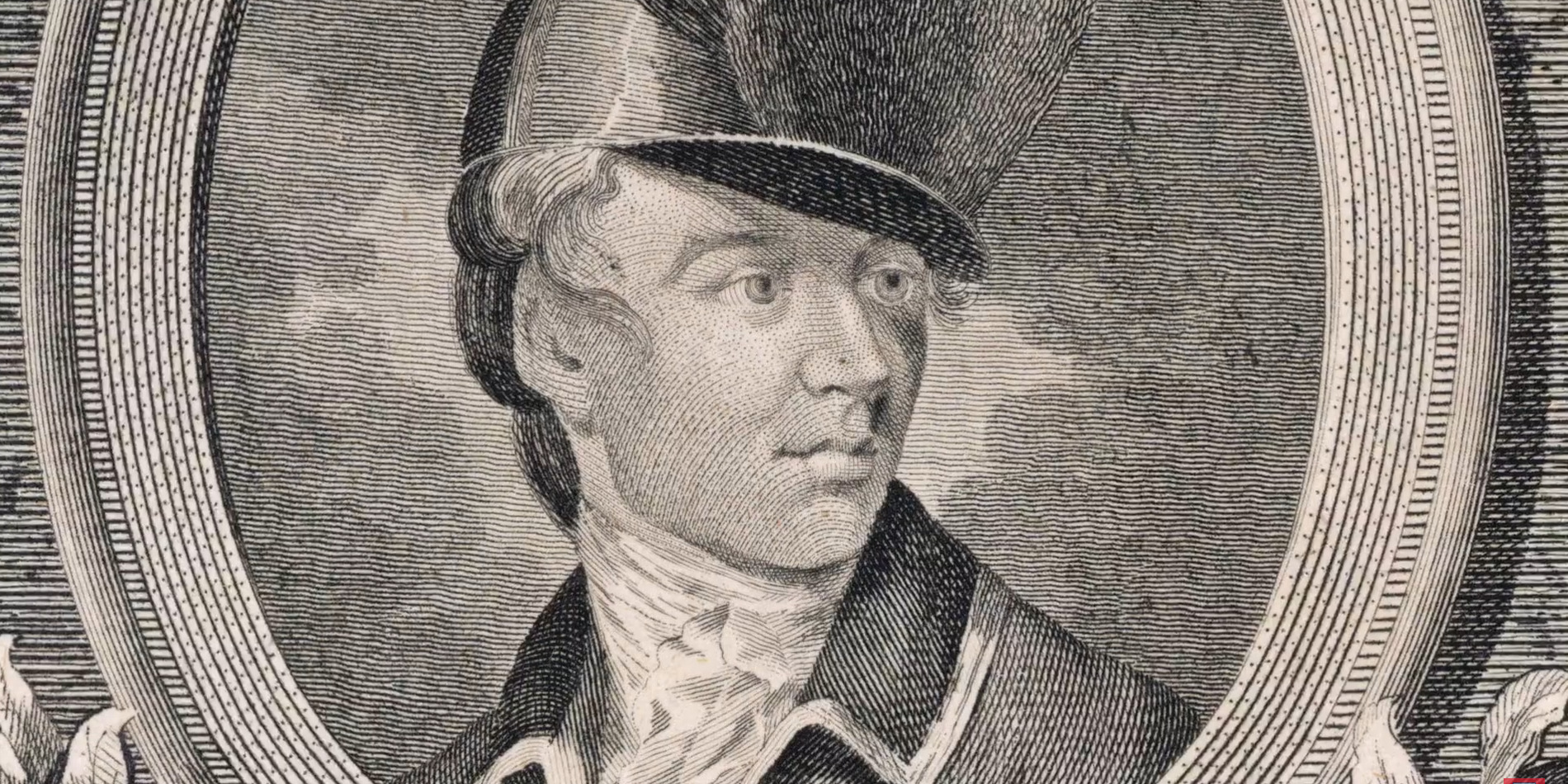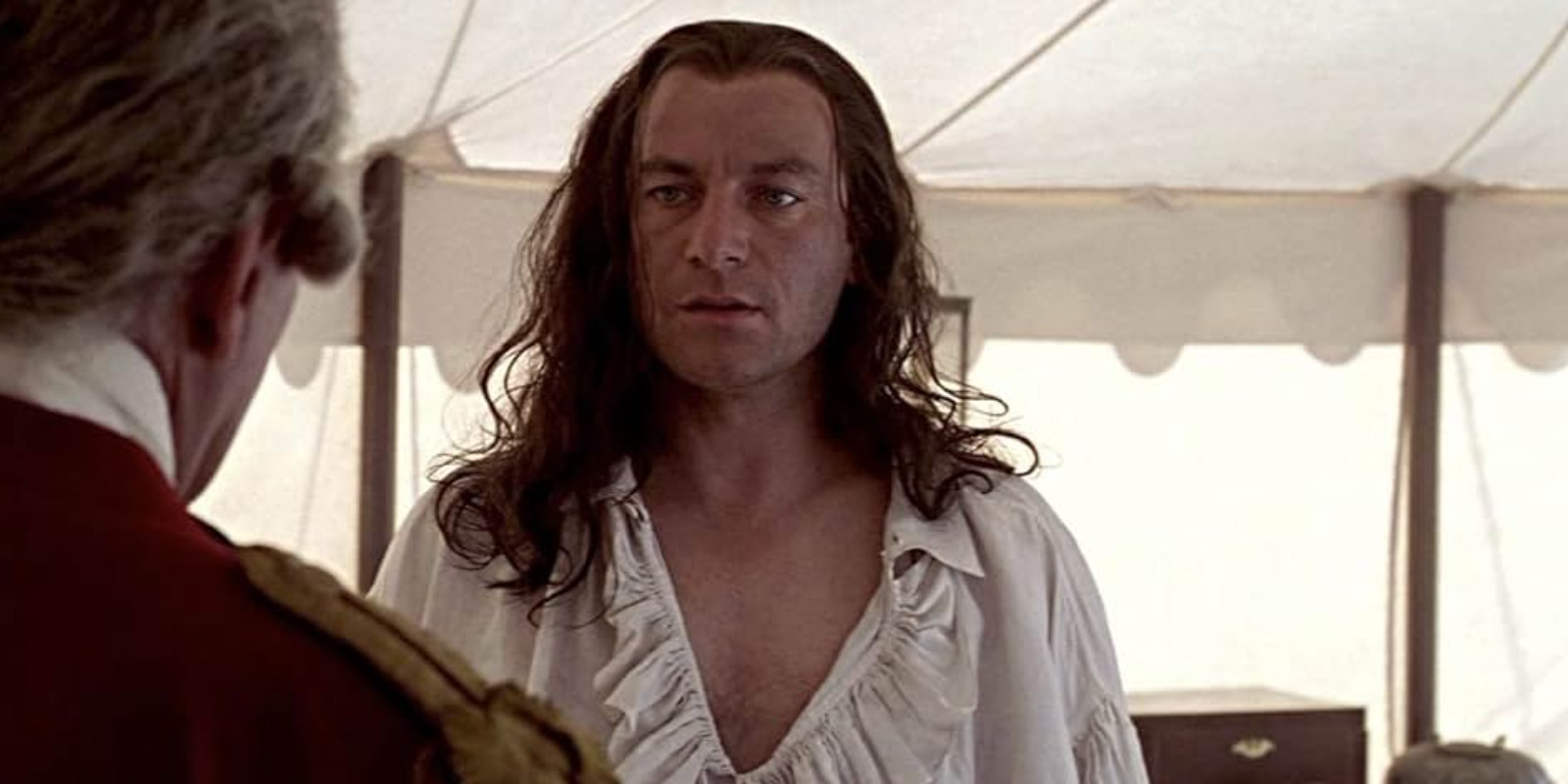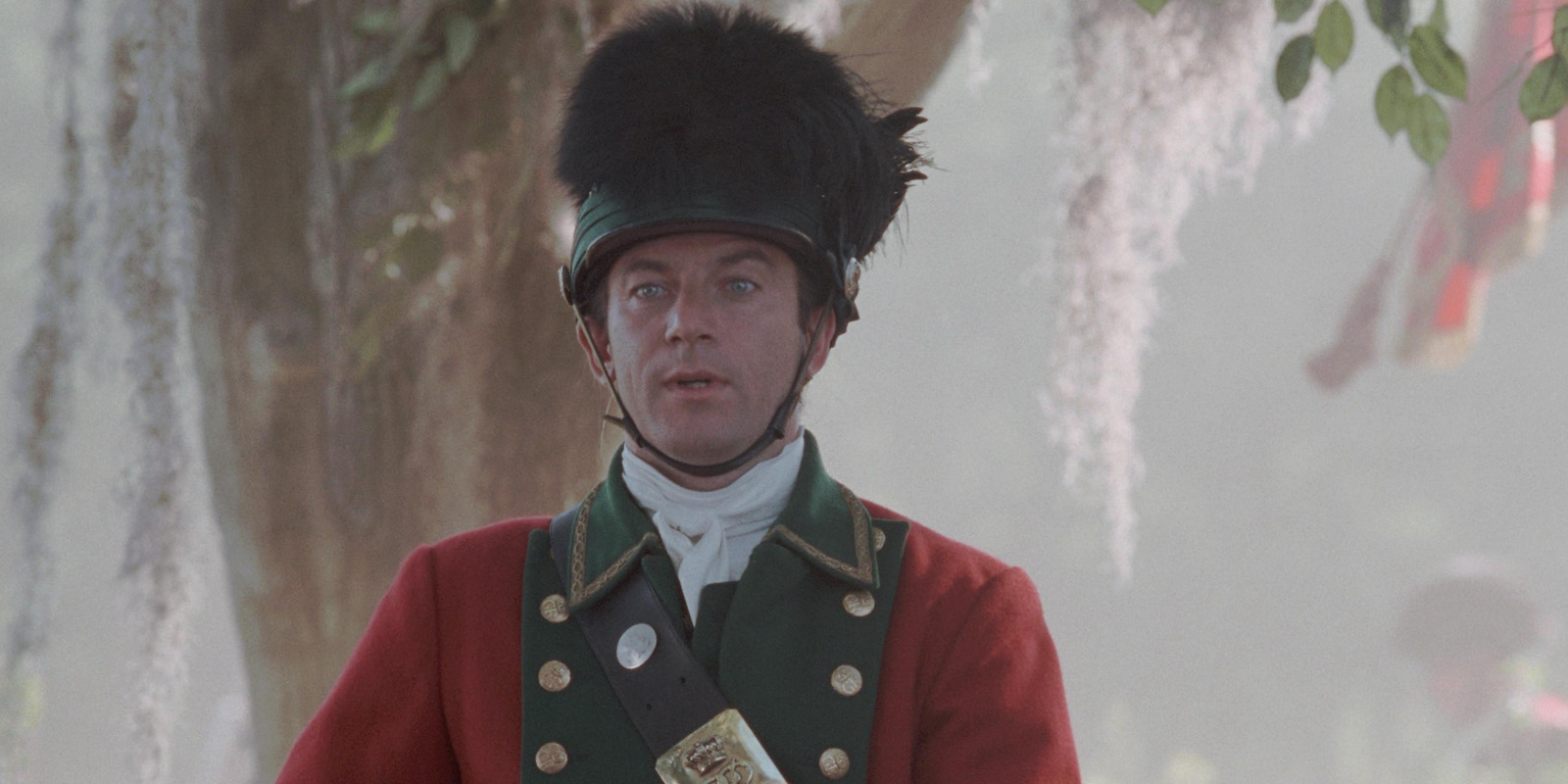In ‘The Patriot,’ the 2000 historical film about the American Revolutionary War, a clear distinction exists between the protagonists— the Continental Army— and the antagonists— the British Forces. As South Carolina begins to feel the undeniable effects of the war and considers its participation in it, former war hero Benjamin Martin attempts to distance himself from the same. Nonetheless, his son, Gabriel’s sense of duty— compels him to sign up for the war, entangling his family’s fates with his enemy’s ire. Consequently, after the British Colonel William Tavington picks a fight with the Martins, which ends in a tragedy, it draws Benjamin back into the battlefield.
The overarching conflict between the American colonies and the British Army remains the driving force within the film. In turn, the rivalry between Tavington and the pair of Martin soldiers becomes a more concentrated manifestation of the same. Therefore, given the British military officer’s importance within the army and its various ventures, Tavington’s origins in reality naturally come under questioning. SPOILERS AHEAD!
William Tavington and the Real-Life Banastre Tarleton
‘The Patriot’ centers its narrative on an instrumental part of American history, equipping various instances of historical importance— such as the Battle of Cowpens— as the subject for its plot points. Nevertheless, the film hangs on to the liberty of creative freedom by crafting its primary characters in a largely fictitious light, with reality only utilized as inspiration for their creation. As a result, the film charts a true story-centric narrative while still affording itself some distance from reality to aptly serve its intentional themes and storylines. The same holds most blatantly true for William Tavington, the on-screen British Colonel, who leads his dragoon against Benjamin Martin, his militia, and the Continental Army.

Tavington’s character is loosely based on Banastre Tarleton, the real-life British General who served in the American Revolutionary War from the mid-1770s to the early 1780s. During his time in the war, he led an infantry known as The British Legion, which comprised American Loyalists. Most notably, he’s remembered for the Battle of Waxhaws, fought on May 29, 1780, where his brutal attack against the American army earned him the title of “butcher.” As a result of the same battle, the term “Tarleton’s quarter” was also coined— used to signify the lack of an enemy’s mercy even in the face of surrender.
Some of this legacy bleeds into Tavington’s character, who remains a brutally cruel nemesis for the American soldiers. However, Tarleton’s influence over his on-screen rendition’s narrative mostly comes from his participation in the 1781 Battle of Cowpens, where he faced a devastating defeat against the American Patriot forces. In real life, Tarleton’s cavalry lost to the Americans after Daniel Morgan’s militia tricked the Colonel into mistaking a repositioning for a rout, steering enemy forces into trouble. Jason Isaacs’ on-screen British Colonel, Tavington, undergoes a similar beat, mirroring Tarleton’s actions and solidifying the connection between the two.
The Patriot Significantly Fictionalizes Tavington’s Story
Even though Colonel William Tavington’s roots in the actual British General Banastre Tarleton remain evident, much of the former’s presence within the film also sports fictitious origins. For the most part, these instances emerge when the narrative attempts to showcase Tavington’s villainy in a particularly vicious light. For instance, in the film, one of the first plot-developing acts by the Colonel arrives when he shoots a young boy in cold blood. Similarly, he commands his officers to set a church on fire, populated with largely innocent civilians, which forms another significant event that defines his character.

In real life, there are no records of Tarleton participating in such morbid actions. Similarly, unlike his on-screen counterpart— who dies at the end of the Battle of Cowpens in a moment of cinematic comeuppance— the real Colonel actually survived the same historic war. In fact, by 1781, after the Yorktown surrender by the British forces, Tarleton returned to England, where he continued his military career before going into politics. He went on to fight in the Napoleonic Wars and became a baronet in 1815. Ultimately, he even received the rank of a Knight in 1820.
Consequently, actual history presented a much more nuanced reality for the British officer who lost the real Battle of Cowpens. Naturally, Tavington’s character garnered some criticism for the same since he presented a recognizable—but highly bastardized— version of Tarleton. For the same reason, the former’s employment of fictional origins that distance him from reality proves intrinsic to his character. Ultimately, William Tavington harvests notable inspiration from Sir Banastre Tarleton but retains several instances of fictionalization.
Read More: The Patriot: Is Gabriel Martin Based on a Real Continental Army Soldier?


You must be logged in to post a comment.